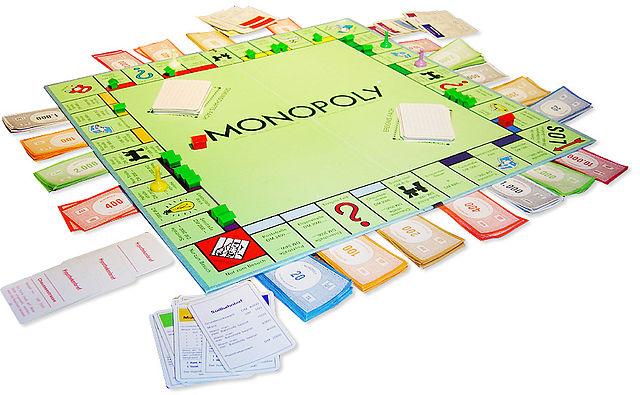The newly established Dutch Pharmaceutical Accountability Foundation has announced its first action to address unreasonably high medicines prices in the Netherlands. The Foundation will request the Netherlands Authority for Consumers and Markets to look into the price hike for the medicine chenodeoxycholic acid (CDCA) by the company Leadiant Biosciences Ltd (formerly Sigma-Tau). CDCA is used for the treatment of children and adults with cerebrotendinous xanthomatosis (CTX), a rare genetic metabolic disease that affects around 60 people in the Netherlands.
CDCA has been marketed in the Netherlands by Leadiant since July 2017 at a price of € 140 per capsule or € 153,300 per patient per year. CDCA is, however, cheap to produce and was on the market from 1976 until at least 2008 under the brand name Chenofalk for the treatment of gallstones. The Chenofalk product cost € 0.28 per capsule. Since 1999, Chenofalk was used off-label for the treatment of CTX and the price for one year treatment was € 308. After Sigma-Tau Pharmaceuticals (which later became Leadiant Biosciences) acquired the rights to Chenofalk, the product was taken off the market in 2015.
In 2017, the European Medicines Agency approved Leadiants CDCA for the treatment of CTX. Leadiant brought the product back to market and raised the price to € 153,300 per patient per year. Because Leadiant also obtained orphan drug designation for the product, the company benefits from ten years market exclusivity in the European Union.
According to the EMA an “orphan designation” means that it is used to treat life-threatening or chronically debilitating conditions that affect no more than five in 10,000 people in the European Union, or are medicines which, for economic reasons, would be unlikely to be developed without incentives. However, CDCA was already being used for the indication CTX. Considering the small number of patients involved, one can question whether the cost for preparing the registration file to obtain the formal thumbs up by the EMA justifies the monopoly price Leadiant is now asking.
“We think that Leadiant’s behaviour is socially unacceptable,” said Wilbert Bannenberg, chairman of the Pharmaceutical Accountability Foundation. “Leadiant is abusing its dominant market position, and the Foundation will, therefore, submit an enforcement request to the Netherlands Authority for Consumers and Markets that can and should counter these abuses.”
In April of this year, the Amsterdam Medical Centre announced it was producing CDCA in its hospital pharmacy for € 25,000. See also reporting on it here and here [in Dutch]. In August, the hospital suspended the production after the Dutch health inspectorate informed them of quality concerns about the product. The health inspectorate’s investigation was carried out following a request by Leadiant, who was seeking to protect its market. The action by the health inspectorate provoked an angry response by the health insurers who were now forced to pay Leadiant’s high price.
So far the government has not taken any action to address the unreasonable price setting by Leadiant. Several Members of Parliament have asked questions (see also here) to the Dutch minister of health about the health inspectorate’s investigation and about measures the government can take to reduce the price.
All evidence suggests deliberate and serious abuse by the company of its dominant market position. In such cases, the competition authority should intervene with a sense of urgency to protect the public’s interest.
(Ellen ‘t Hoen is a member of the Advisory Council of the Pharmaceutical Accountability Foundation)
Ellen ‘t Hoen, LLM PhD, is a lawyer and public health advocate with over 30 years of experience working on pharmaceutical and intellectual property policies.
